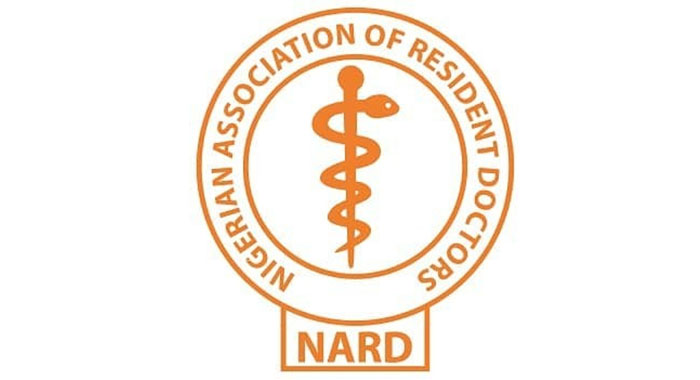The Nigerian Association of Resident Doctors (NARD) is poised to initiate a nationwide strike on September 10th if the Federal Government fails to address their longstanding demands. This impending action follows a series of unfulfilled promises and inadequate responses from the government, leaving the resident doctors feeling unheard and undervalued. NARD President, Dr. Tope Osundara, revealed in an interview that despite a recent meeting with government officials, no tangible progress was made. This reinforces the growing frustration amongst the doctors, who perceive a lack of commitment from the government to resolve the issues affecting their profession and, consequently, the nation’s healthcare system. The looming strike serves as a critical juncture in the ongoing struggle for improved working conditions and remuneration within the Nigerian medical sector.
At the heart of the dispute lies a multitude of unresolved issues, including the non-payment of the 2025 Medical Residency Training Fund (MRFT) for a significant number of resident doctors. This fund is crucial for the doctors’ professional development and career progression, allowing them to register for necessary examinations. The failure to disburse these funds has severe repercussions, potentially delaying their training and ultimately impacting the quality of healthcare services in the country. Furthermore, the government’s failure to pay outstanding salary arrears, including the 25%/35% Consolidated Medical Salary Structure review, and the 2024 Accoutrement Allowance, exacerbates the financial strain on the resident doctors. These unresolved financial matters contribute to the widespread discontent and fuel the call for decisive action through a nationwide strike.
Despite the establishment of a Committee on Collective Bargaining for the health sector, meant to address the concerns of healthcare workers, including doctors, NARD maintains that no meaningful action has been taken. The committee, inaugurated following strike threats from both NARD and the Nigerian Medical Association (NMA), and the suspension of a nationwide warning strike by the National Association of Nigerian Nurses and Midwives, was intended to foster dialogue and negotiation. However, NARD’s perspective is that this platform has yet to yield any substantial results, further eroding their trust in the government’s willingness to engage constructively. The 10-day ultimatum issued by NARD underscores their commitment to holding the government accountable and their determination to pursue their demands, even if it means resorting to strike action.
The impact of the potential strike is far-reaching, affecting not only the doctors but also the patients who rely on their services. Dr. Osundara highlighted the significant number of resident doctors, over 2,000, who have not received the MRFT, jeopardizing their ability to register for crucial exams by the September 5th deadline. This affects doctors across various regions and teaching hospitals, including the University of Calabar Teaching Hospital, University of Port-Harcourt Teaching Hospital, University of Uyo Teaching Hospital, and University of Maiduguri Teaching Hospital. The delay in receiving the MRFT effectively extends their residency training, incurring additional costs for the government and hindering the doctors’ professional advancement. This situation creates a lose-lose scenario for both parties involved.
The precarious situation is further compounded by existing industrial actions within the medical sector. The Association of Resident Doctors at the Ladoke Akintola University of Technology Teaching Hospital in Ogbomoso, Oyo State, has been on strike since July 29th. Similarly, resident doctors in Kaduna State commenced an indefinite strike on September 1st. These localized strikes highlight the widespread dissatisfaction and the urgent need for a comprehensive solution to the issues plaguing the healthcare system. The potential nationwide strike by NARD would significantly escalate the crisis, further straining the already overburdened healthcare infrastructure and potentially jeopardizing the well-being of patients.
The impending nationwide strike underscores the deep-seated issues within the Nigerian healthcare system. The failure to adequately address the needs of resident doctors not only impacts their individual well-being but also has broader consequences for the quality and accessibility of healthcare services. The government’s lack of decisive action and the perceived disregard for the doctors’ concerns contribute to the growing unrest and the likelihood of a nationwide strike. The situation calls for urgent intervention and meaningful dialogue to avert a crisis that could have devastating consequences for the healthcare sector and the nation as a whole. The government must demonstrate a genuine commitment to addressing the doctors’ legitimate demands to restore trust and ensure the stability and effectiveness of the healthcare system.


